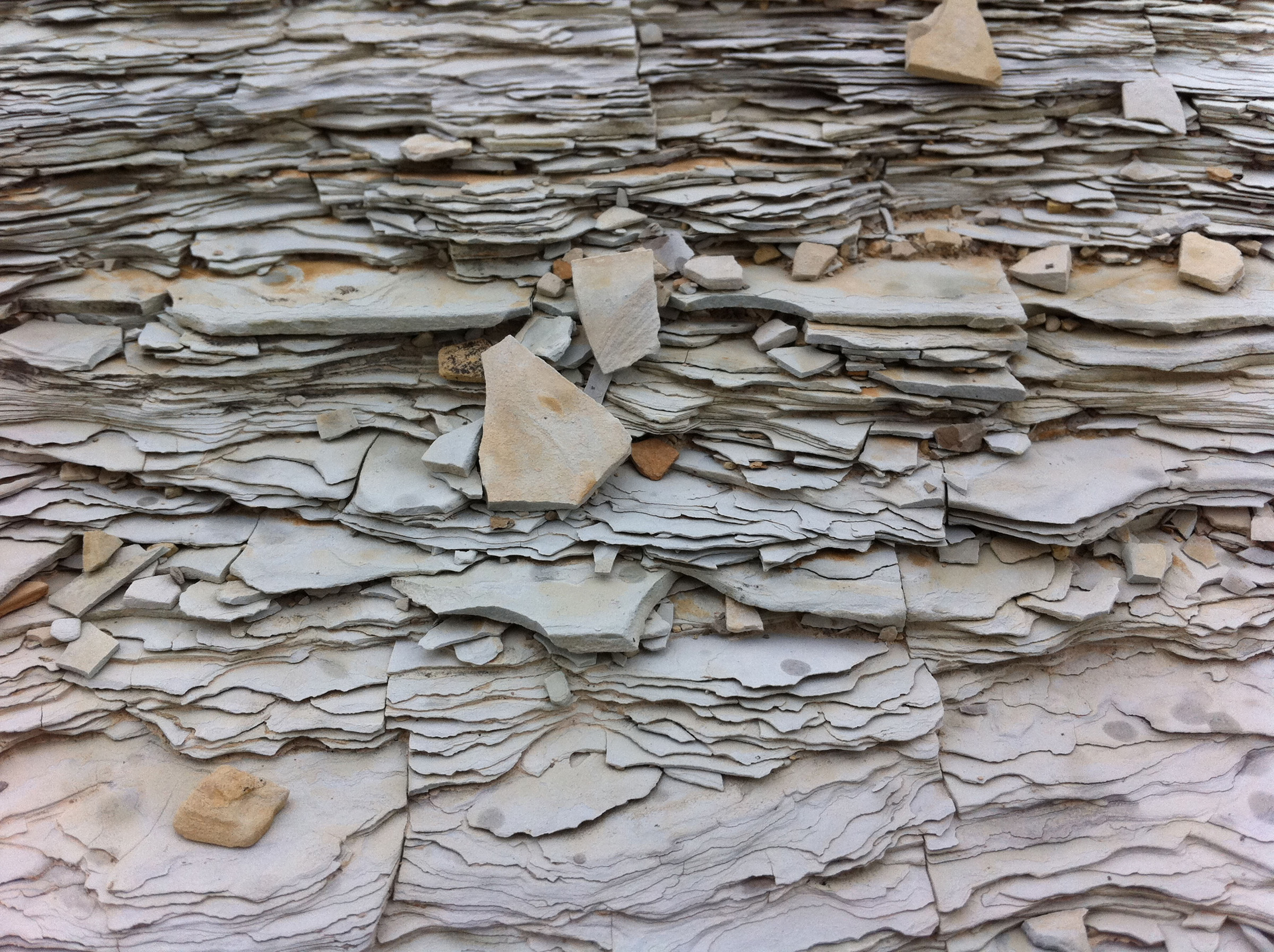
April 26, 2013 – The University of Utah’s Institute for Clean and Secure Energy will host its annual conference on development of oil shale and oil sands on Tuesday, May 7, 2013 at the Rice-Eccles Stadium tower.
This year’s Unconventional Fuels Conference will be held from 8:30 a.m. to 4:30 p.m. in the Varsity Room on level 6. The conference focuses on how computer modeling of unconventional fuel reservoirs impacts development and how economic and environmental factors could constrain development.
Media are encouraged to cover the conference, which is open to anyone for a $45 advance registration fee through April 30, then $55 through the day of the meeting.
Oil shale and oil sands are unconventional sources for crude oil that require extensive processing to release liquid hydrocarbons for fuel. In March, the U.S. Department of the Interior ruled that 680,000 acres of federal land in the western United States would be made available for research and development of oil shale and oil sands technologies. Nearly 130,000 acres of this land are in Utah.
“Given the abundance of unconventional fuels such as oil shale and oil sands in Utah, the push for development of the state’s energy resources by Gov. [Gary] Herbert, and the concern of many over the implications of large-scale development, this conference serves as a valuable platform for conveying information about unconventional fuels development to the general public,” says conference organizer Jennifer Spinti, a research associate professor of chemical engineering at the U.
This year’s conference features plenary speakers: at 1 p.m., Juan Palma, Utah director of the federal Bureau of Land Management and, at 8:45 a.m., Pierre Allix, unconventional resources program manager at Total S.A., a French integrated oil and gas company that is one of the world’s six publicly owned “supermajor” oil and gas companies. Other speakers include at 1:30 p.m., Neil Pogorelsky, prinicipal economist with HDR Decision Economics and a key contributor to the recently-released Uinta Basin transportation study; and at 2:15 p.m. Anne Mariah Tapp, land and public policy fellow with the Grand Canyon Trust.
Registration for the conference is $45 online until April 30, and $55 up until and including the day of the conference. Registration includes parking, admittance to all sessions, continental breakfast and a buffet lunch. Presentations by a panel of invited speakers will be followed by a moderated discussion.
Now in its eighth year, the Unconventional Fuels Conference is supported by the Institute for Clean and Secure Energy through the U.S. Department of Energy.
The institute’s mission is education through interdisciplinary research on high-temperature fuel processing for energy generation, and related environmental, health, policy and performance issues. The institute’s research programs include studies of conventional and unconventional fossil fuels, biomass fuels and low-quality fuels from waste streams such as tires, waste plastics and sewage sludge.
To learn more and register for the conference, please visit www.icse.utah.edu.
